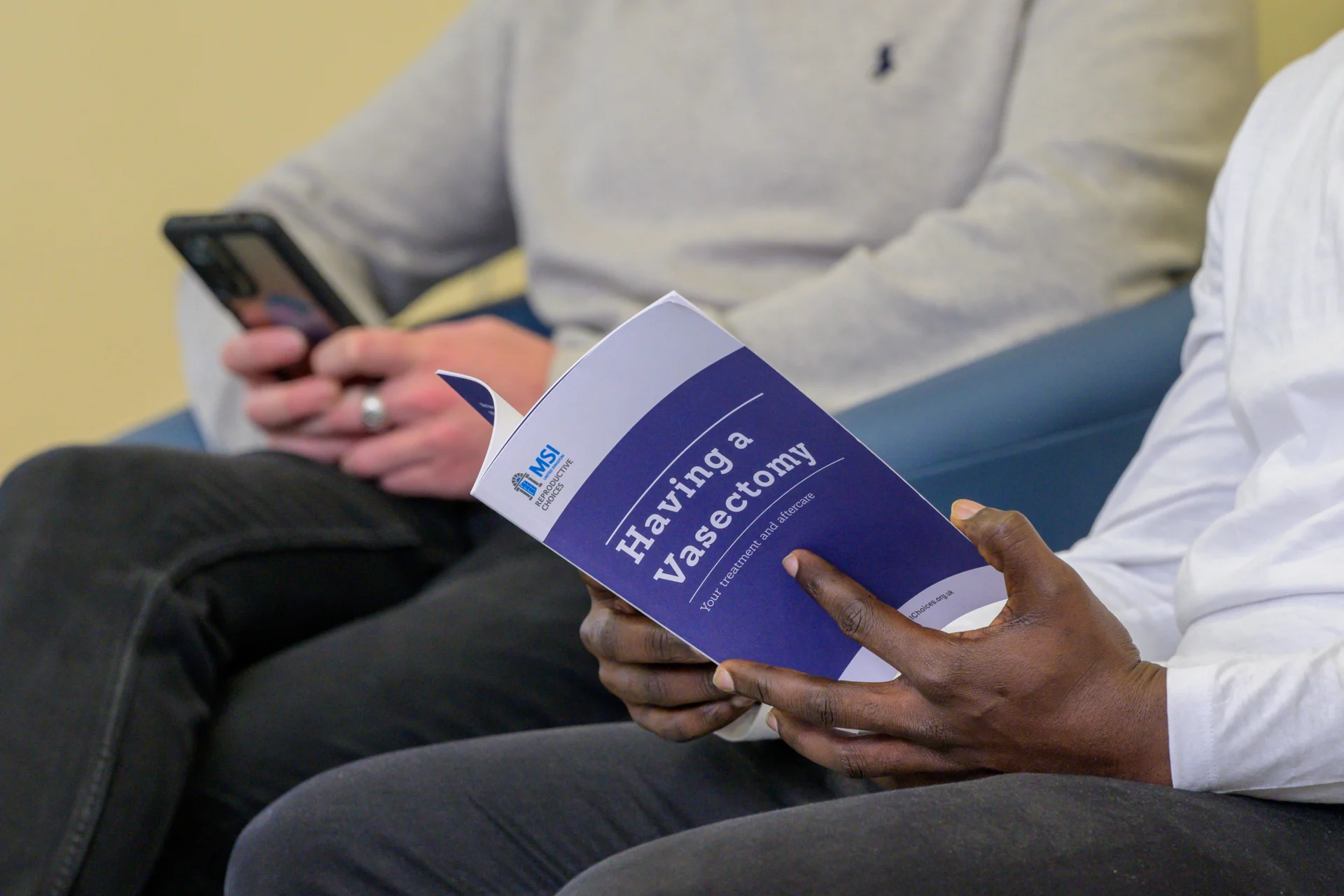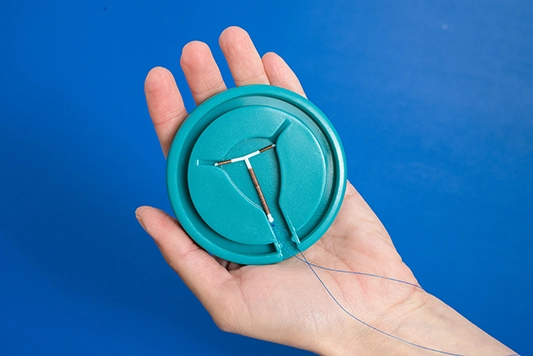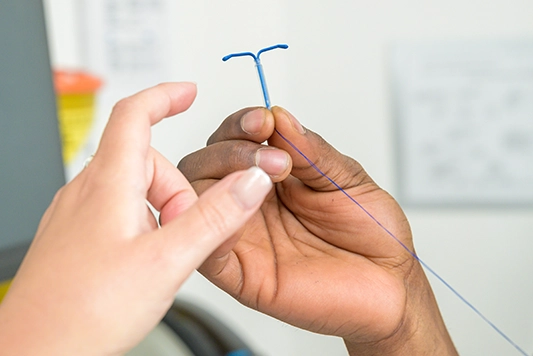World Contraception Day takes place every year on 26th September. The annual worldwide campaign centres around a vision where every pregnancy is wanted. Launched in 2007, WCD’s mission is to improve awareness of contraception and to enable young people to make informed choices on their sexual and reproductive health.
This year, to mark World Contraception Day, we asked Giselle Failes – Clinical Team Leader and Lead Contraception Nurse at our Bristol centre – to answer six common contraception questions.
Six Contraception Questions Answered
Question 1. Is contraception necessary after the age of 40?
Although fertility does decrease with age, this does not mean that a pregnancy could not occur. You have the potential to conceive all the way up to menopause.
Question 2: Do I need to use contraception straight away after an abortion?
You can ovulate as early as 8 days after an abortion and therefore get pregnant straight away. It is best to start some form of contraception on the day of your treatment, or within 5 days of an abortion to prevent an accidental pregnancy.
If you are accessing our termination of pregnancy services (for a medical abortion or a surgical one), contraception counselling is part of your treatment. We offer a range of LARC contraception methods, but if you haven’t quite made up your mind about contraception or we can’t give you what you want at the time – for example if you’ve had your abortion tablets posted to you – do consider having a temporary method to tide you over.
We call this a bridging method, to get you from now until you get the method of your choice without putting you at risk of an unwanted pregnancy. The mini-pill is the perfect example of an effective bridging method due to how quickly it protects against pregnancy. If you start to take the mini pill during the first five days of your period, you will be protected against pregnancy immediately. If you start to take the pill on any other day, you will not be protected against pregnancy until you’ve taken the pill for two days.
To find out more about the mini pill, read our blog: The progestogen-only pill or the mini-pill: everything you need to know.
Question 3: Will contraception affect my future fertility?
Once you stop using contraception, you can get pregnant straight away. The only exception to this may be if you use the contraceptive injection “Depo”, which may delay a return to fertility for around 6 months.
Contraception will not affect your future fertility, or cause infertility.
Question 4: Is not having a period as a result of the contraception you use dangerous?
Some contraceptive methods may stop or change your periods, but this does not cause any harm. Not having a regular period is not a problem for you or your future fertility, if it is a result of a hormonal contraceptive.
Question 5: Can I get pregnant if I’m breastfeeding?
There are three criteria that you must fulfil if you don’t want to get pregnant whilst breastfeeding. The first is that your baby must be less than 6 months, the second is that your periods have not resumed, and the last is that the baby is exclusively breastfeeding (feeding less than every 4 hours in the day and 6 hours at night, with no supplements or formula).
All three of these criteria being fulfilled can stop ovulation and therefore reduce the chance of pregnancy, but if there any breaks in breastfeeding or you begin to ween, this is no longer the case.
Question 6: Will a coil be difficult to fit if I haven’t had children?
It is true that having intrauterine contraception (such as an IUD or and IUS, otherwise referred to as ‘coils’) fitted may be uncomfortable, but it may still be the right method for you.
At MSI, we know that people may be worried about how painful fitting a coil can be. This is why we offer anyone opting for an IUC a choice of three types of local anaesthetic, including: a gel, a spray and an injection, as well as the option of taking painkillers, such as ibuprofen, an hour or two before the procedure. We also always have another health care practitioner in attendance to support the client and ensure they feel comfortable and in control throughout.
The experience of having an IUC fitted differs from person to person and as specialists in women’s health, our teams are committed to ensuring that every one of our client’s needs are listened to and respected. Out of the hundreds of people who have provided feedback on having a long acting form of contraception fitted at MSI this year, 98% rated the service either 4 or 5 out of 5 and said they would recommend it to a friend.
To know more
You can read more about contraception on our website. Here are some useful links:







